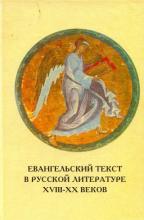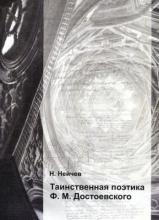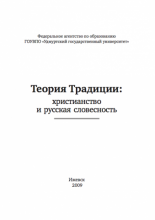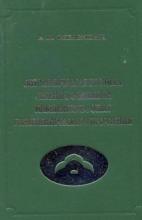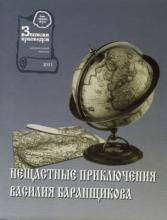Galina Mosaleva
The ideologeme in relation to Ostrovsky was formulated far back in the bowels of radical-democratic critics and still remains influential. This is the notorious ‘dark kingdom’ (by Nikolai Dobrolyubov). The ideal world of Ostrovsky’s heroes – humble, obedient to parental will, patient – was incomprehensible to Dobrolyubov. These heroes seemed to him socially ‘underdeveloped’, ‘narrow-minded’, and ‘oppressed’. Apollon Grigoryev sees in Ostrovsky not a denunciator of ‘petty tyrants’, but a poet of people’s life. Most of the Ostrovsky’s interpreters have a tendency to stay one of the two completely opposite views on his art formulated by Grigoryev and Dobrolyubov. A researcher raised in the cult of Dobrolyubov’s conception during the soviet age always judged Grigoryev’s views from the perspectives of Dobrolyubov, even when commenting Grigoryev’s articles in an edition entirely devoted to him. Thus, when commenting an article of Grigoryev ‘After ‘The Storm’…’, B.F. Egorov takes the role of Dobrolyubov’s lawyer. From the point of view of a Soviet researcher, Grigoryev is never right when compared with Dobrolyubov.
We see the same Dobrolyubov-like point of view in the post-Soviet age as well (I. Sukhikh, N. Tamarchenko). Speaking of the religiousness of the characters in the play ‘Koz’ma Zakhar’ich Minin-Sukhoruk’, L.M. Lotman separates the hero and the author to different poles: ‘The religiousness of Minin and other characters involved in the chronicle acts as a characteristic of the historical age, but not as an expression of the author’s ideal’. According to Lotman, religiousness is the perception of the world of people belonging to the past ages, something that is long overcome, and it cannot be shared by Ostrovsky. Lotman supports his conclusion with a reference to F. Engels. ‘Another’ Ostrovsky, the one who is a genius artist and who seeks to express in his work the ‘soul of Russia’, its ‘millennial traditions’, appears in the book of M.P. Lobanov ‘Alexander Ostrovsky’.
Ostrovsky’s drama has a pronounced spiritual and national character. The spiritual of Ostrovsky is an essential and not a stylistic (not ornamentally-coloristic) phenomenon. Christian ideal is asserted on the deep levels of his works, first of all in the field of artistic figurativeness, ascending to Orthodox symbolism, to the Prototype (the image of God).
Ostrovsky is a poet of Russian national life, of its bright and ideal aspects, of its wholeness and unity, a poet of Russian Orthodox mode of life. This property extends to Ostrovsky from Pushkin, and from Ostrovsky to Shmelev, in particular through the tradition of poetization of a thing, the tradition of sanctified, Orthodox perception of a thing, where the thing is a symbol of the spiritual existence.
Ostrovsky looks at life through the eyes of a Christian poet, without ignoring its imperfections, but always with love to the life and to the human being who is the image of God. The antinomy of the Light and the Darkness is characteristic of the Orthodox world-view. It is not by chance that the main idea of transfiguration (enlightenment) of a human soul lies at the basis of many story lines in Ostrovsky’s works. As a rule, the ‘Darkness’ in Ostrovsky’s work is not inherent in the whole world. Ostrovsky characters treat the world with love, as God’s creation. The world in Ostrovsky’s work is generally light and hierarchical: it never ends up with the terrestrial borders. But revolutionary-democratic criticism excludes the antinomy of the Light and the Darkness from the orthodox context of understanding, desanctifies and transforms it according to its own atheistic world-view.
